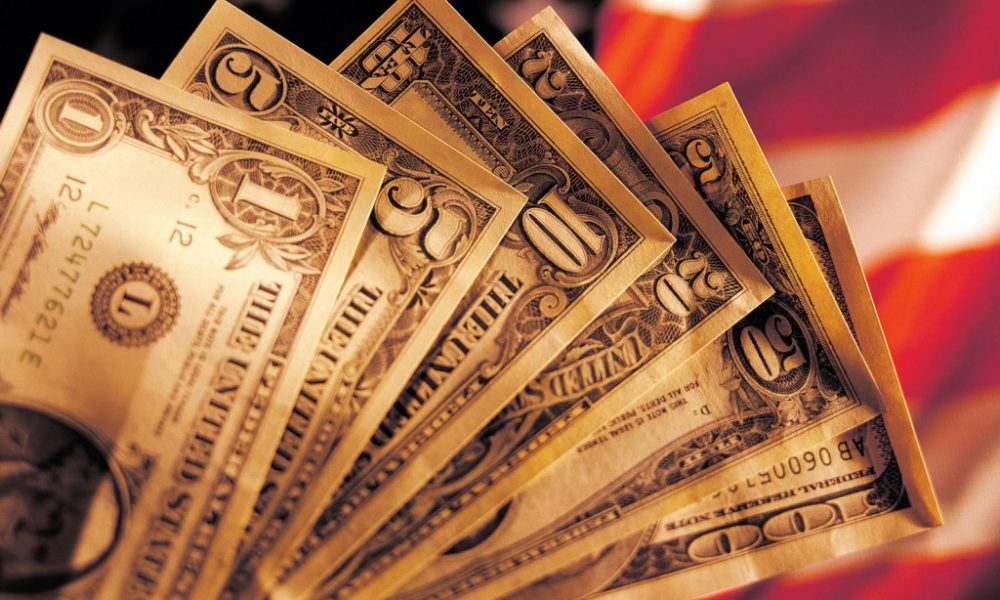Economy
Jagged Reopening of Nations Worldwide Paves Uncertain Path to Economic Recovery

As economies reopen globally, there is a constant battle to achieve a balance between surging COVID-19 cases and addressing economic slowdown.
Due to the prevailing uncertainty following COVID-19, Global Data’s 2020 forecast for global economic growth has been revised downward from -0.9% (estimated 6 April) to -3.95% (estimated 3 August).
The signs of a faltering rebound is evident in countries such as the US, which may act as a drag on the European economy. GlobalData expects the global economy to witness a contraction of real GDP by 3.95% in 2020 accompanied with a growth of 5.27% in 2021, which is subject to change in the event of a second wave of COVID-19 spread amid resurgence of cases in major economies.
Shruti Upadhyay, Economic Research Analyst at GlobalData, states: “As businesses have been allowed to reopen and retail sales improved, an uptick was observed in the manufacturing and service sectors in the last three months (May–July) globally. GlobalData noted that manufacturing PMI showed an overall improvement in June for countries such as the US (49.8), Brazil (51.6), India (47.2), Russia (49.4), the UK (50.1), France (52.3) and China (50.9). Historically, when the index surpasses 50, it gestures an end to a manufacturing recession. However, with regional lockdowns gaining traction due to resurgence of cases, business conditions now continue to witness patchy recovery.”
Retail sales in the Eurozone plunged to record lows when confinement measures were put in place, but sales rebounded as economies started reopening in a phased manner. Asymmetric demand led to rise in retail sector activities and a fall in demand for contact-intensive sectors. Countries that are cripplingly reliant on contact-intensive industries are expected to be deeply impacted in short-term. A slow recovery is being noticed in the active jobs and stock market, both in advanced and emerging economies with varying severity of fresh outbreaks and different pace of openings in the economy.
Upadhyay concludes: “The Eurozone’s reopening provides a beacon of light to countries such as the US, India and Brazil which are battling with rising number of cases in the country. However, with draconian lockdown measures lifted to reignite the damaged economies, the number of virus cases crept higher in Spain, France and Germany as these nations grapple between saving the economy and averting fresh outbreaks.“